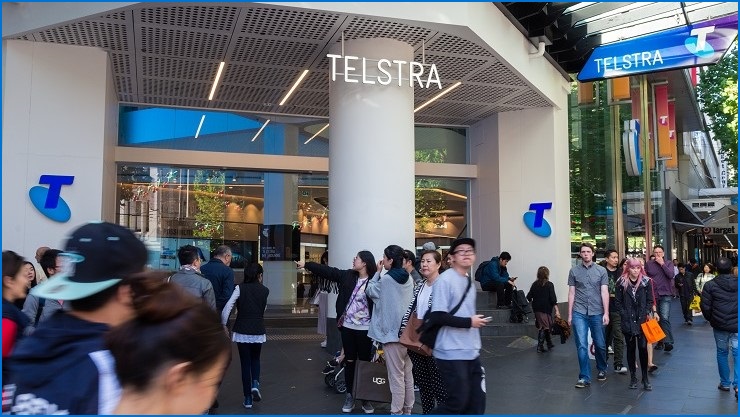Five of Australia’s top universities have announced a partnership with Telstra aimed at bolstering Australia’s IT industry.
The announcement comes a day after the Telstra AGM at which chair John Mullen was asked to justify Telstra CEO Andrew Penn's $5m salary.
The University of NSW, University of Technology Sydney (UTS), University of Sydney, University of Melbourne, and RMIT University have signed memoranda of understanding with the telco.
A Telstra spokesperson told Information Age the two-year long memoranda could allow Telstra to have input on course design and structure, with Telstra looking to provide students early access to graduate research and employment opportunities. There is also scope for universities to be involved in the training of Telstra staff.
Telstra CEO, Andrew Penn, said the partnerships will help improve the supply of Australian tech workers.
“Today, we cannot find enough of the skills we need in Australia on the scale we need them,” Penn said.
“This is not a challenge unique to Telstra, with an estimated shortfall of 60,000 skilled ICT workers in Australia over the next five years.
“By investing time, money and energy into these partnerships, we aim to provide clarity on the skills we need and create more opportunities for students to develop them.
“Together with universities, we will boost the supply of diverse technology graduates for our own workforce, and the nation.”
UTS Deputy Vice-Chancellor, and former Director of IBM Research Australia, Glenn Wightwick, said the collaboration with Telstra will bring the telco directly in contact with students.
“Beyond internship opportunities and graduate roles across all our disciplines, this partnership will be a vehicle to bring Telstra into our campus and classrooms through industry challenges, guest lectures and build awareness of Telstra as a future employer of choice for all students,” Wightwick said.
Head of Computing and Information Systems at the University of Melbourne, Professor Uw Aickelin, said this relationship with external organisations goes both ways.
“Industry often relies on the big thinking of universities to further their strategic goals, while universities value the opportunity to apply research-led solutions to address challenging real-world problems,” Aickelin said.
“This partnership affords unprecedented opportunities to students via student placements and work integrated experiences throughout their studies and beyond, as well as research and innovation collaboration.”
Scrutiny over Chinese connection
Three of the universities partnering with Telstra belong to the Group of Eight (Go8) – an organisation of Australia’s highest ranked universities – which signed memoranda of understanding with 11 research universities in China on Wednesday.
This comes a mere two days after an ABC Four Corners investigation revealed connections between Australian universities and Chinese companies involved in problematic mass surveillance technology.
Group of Eight Chief Executive, Vicki Thomson, said the organisation was mindful of a changing geopolitical landscape.
“We have been working closely with the federal government and Australia’s security agencies to develop guidelines that will add weight to our already strong due diligence around research collaboration,” she said.
In July, UTS and Curtin University came under fire for researchers and programs that were linked to mass surveillance of Uighur Muslims in China’s Xinjiang province.










